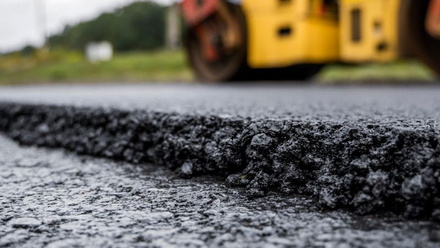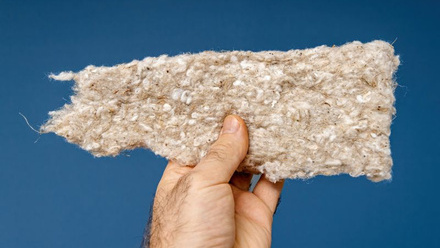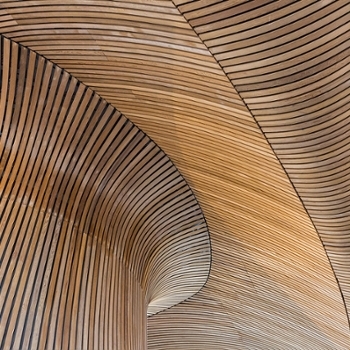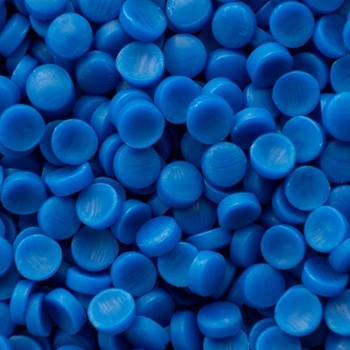
The Natural Materials Group (formerly the Natural Materials Association) is the first UK professional network to represent the entire breadth of natural materials from academic research to commercial application use and reuse. The group provides a focal point for information, knowledge and best practice across all types of natural materials with a focus on sustainable development.
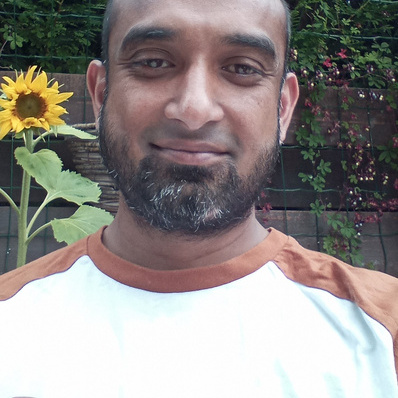
Chair - IOM3 Natural Materials Group
Parvez Alam

Chair - IOM3 Natural Materials Group
Parvez Alam
is currently a Reader in Mechanical Engineering at The University of Edinburgh, UK. He is a Fellow of the Institute of Materials, Minerals and Mining, a Fellow of the Institution of Mechanical Engineers, a Fellow of the Royal Society of Biology, a Chartered Mechanical Engineer, Chair of the Natural Materials Group: a Technical Community of the Institute of Materials, Minerals and Mining, and an Adjunct Professor in the Faculty of Biology at Universitas Gadja Mada, Indonesia. He was awarded the 2012 Per Brahe Prize for his research in biomimetics, and became a Technology Academy of Finland Laureate for his work on coral-inspired crystal engineering in 2014, an award conferred by the Swedish Academy of Engineering Sciences in Finland.
Parvez earned his Doctorate from the University of Bath in 2004 under the supervision of Dr Martin Ansell FIMMM, where his research focussed on mechanically characterising timber reinforcing and repair systems using bonded-in fibre reinforced plastics. He then moved to the Department of Chemical Engineering at Abo Akademi University, Finland, where he worked with Professor Martti Toivakka in the areas of paper science, mass flow, micromechanics, paper coatings, and multiphysics modelling. In 2013, he was awarded the title of Docent(Habilitation) from Abo Akademi University in Finland and built a research group in Composite Materials and Biostructures. This new trajectory led to a wide range of new and interesting discoveries in the area of comparative biomechanics, examples of which include: the biomechanical and kinematic characterisation of the tree-climbing, water-hopping fish (Periophthalmus variabilis) with colleagues from Universitas Gadjah Mada in Indonesia, the discovery of a spider species (Nephilengys cruentata) in Kenya that spins the world’s toughest recorded egg sac silk, the role of microstructure in guiding the passive decorating strategies of the crab Tiarinia cornigera, and work into the biomechanics of sperm whale bone architectures with colleagues at the University of Cape Town in South Africa.
After moving to Scotland, he held the post of Marie-Curie Very Experienced Researcher at The University of Edinburgh between 2016-18. During this tenure, he worked with Professor Conchúr Ó Brádaigh FREng FRSE on the fatigue modelling of carbon fibre reinforced composites for use in tidal turbine blades, and in addition, took a short sabbatical to travel to the Kalahari Desert in Namibia to learn Ju’Hoansi, one of the world’s oldest extant click-languages. While in Namibia, he also seized the opportunity to research the composite designs and manufacturing methods of Ju’Hoansi arrows, work that has since been publicly presented, and published in learned society magazines. After a second short sabbatical to gain a Professional Certificate in Innovation and Technology at MIT, he began his tenure as an academic at The University of Edinburgh, where he currently runs a group that conducts research on a broad range of interdisciplinary topics related to biomimetic design, mechanical metamaterials, comparative biomechanics, robotics, multi-body systems, and composites engineering. Some research highlights from his group at Edinburgh include: the development of 3D projected 4-polytopes as a new class of mechanical metamaterial, the morpho-mechanical characterisation of varanid lizard claw gripping efficiencies, the release of AInsectID – an open source artificially intelligent software for insect identification, and the design of a walking necro-robot beetle with the highest payload-ratio of any walking robot recorded to date. At Edinburgh, he also lectures courses on engineering design, having previously developed courses in composites engineering, computational modelling and biomimetics while in the Nordic and South East Asian regions.
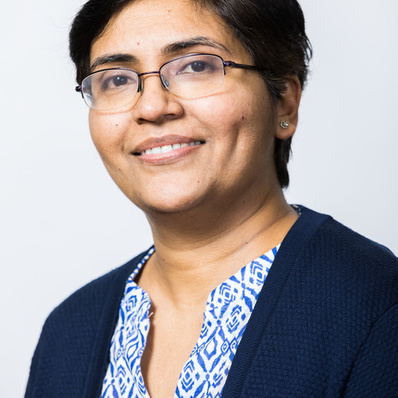
Dr. Dipa Roy
Senior Lecturer in Composite Materials and Processing, University of Edinburgh (UoE)

Dr. Dipa Roy
Senior Lecturer in Composite Materials and Processing, University of Edinburgh (UoE)
Dr. Dipa Roy is a Senior Lecturer in Composite Materials and Processing at the University of Edinburgh (UoE). She has over 20 years of experience in the field of polymers (both natural and synthetic) and composites. She joined the School of Engineering at UoE in January 2017. She was an Assistant Professor at the University of Calcutta, India, between 2003 to 2011 in the Department of Polymer Science and Technology, where she led five Government of India-funded projects as Principal Investigator. She guided eight PhD students and several B.Tech /M.Tech Theses there as Principal Supervisor. She was the Visiting Faculty at the Indian Institute of Engineering Science and Technology, Shibpur, India between 2003-2011. In 2011 she joined the Irish Composites Centre (IComp) at the University of Limerick, Ireland and conducted collaborative research with industries like Bombardier, Henkel etc. She participated in several Irish Government and EU funded proposals. She holds a patent on dielectric heating of polymeric materials (WO2016170046A1) which originated from an Enterprise Ireland funded Commercialisation project. After joining UoE in 2017, she was PI on a Feasibility Study project on thermoplastic fibre-metal hybrid laminates (EP/P006701/1) funded by the EPSRC Future Composites Manufacturing Research Hub. She has received funding in March 2019 as PI from the Scottish Research Partnership in Engineering (SRPe)-National Manufacturing Institute for Scotland (NMIS) and Hexcel Advanced Composites Ltd. She has published over 70 peer-reviewed journal papers and 12 book chapters. She has been the editor to an Elsevier book in 2017. She has published over 35 conference papers
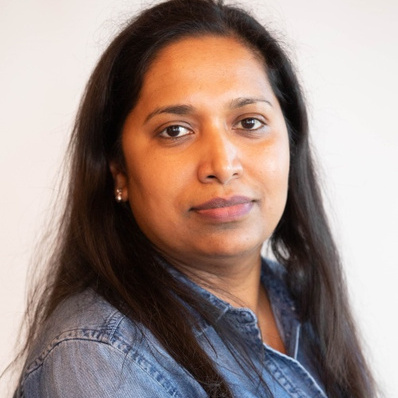
Nilmini Dissanayake.
Postdoctoral Researcher, Centre for Natural Material Innovation (CNMI) within the Department of Architecture at the University of Cambridge

Nilmini Dissanayake.
Postdoctoral Researcher, Centre for Natural Material Innovation (CNMI) within the Department of Architecture at the University of Cambridge
Nilmini Dissanayake is a postdoctoral researcher at the Centre for Natural Material Innovation (CNMI) within the Department of Architecture at the University of Cambridge. Nilmini is currently involved in the EU Horizon funded project WOODCIRCLES, an innovative project that aims to improve the circularity of wood used in construction by reusing and recycling to reduce greenhouse gas emissions, waste generation and materials consumption. Nilmini is assessing sustainability using Life Cycle Assessment (LCA) to quantify the environmental impact when reused and recycled wood is used for construction.
Nilmini completed her PhD at the University of Plymouth on Life Cycle Assessment (LCA) for flax fibre-reinforced polymer matrix composites. She worked at the University of Exeter as a postdoctoral Researcher on a project funded by EPSRC to improve the mechanical properties of natural fibre-reinforced composites for potential use in automotive body panels. Following a 5-year career break, she joined NPL as a Higher Research Scientist, having been awarded a Daphne Jackson Fellowship in 2018 to return to research. During the fellowship, Nilmini investigated the influence of moisture uptake on natural fibre-reinforced polymer matrix composites using accelerated ageing techniques, and mechanical creep was modelled using TTSP (Time-temperature superpositioning) by DMA (Dynamic Mechanical Analysis). She led projects in the sustainability of fibre-reinforced composites and the durability of natural fibre-reinforced composites. Her work included investigating the data quality and measurement gaps within the LCA framework for composites, developing a set of recommendations and guidelines to improve the data quality and investigating the traceability of recycled carbon fibre. Nilmini is a Chartered Environmentalist (CEnv), Chartered Scientist (CSci) and a fellow of the Institute of Materials Minerals and Mining (FIMMM). She is a member of the IOM3 Advisory Council, representing the Southeast Region. She is also involved in the Sustainability working group of the IOM3 Composites group and the Bioladies Network.
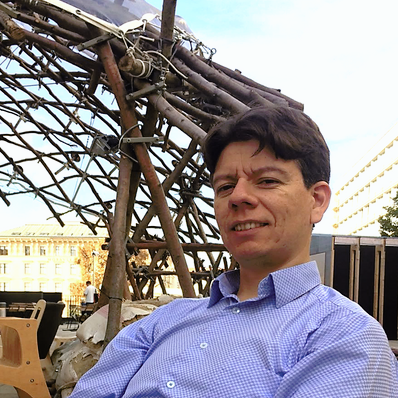
Dr. Hector Archila
Senior Lecturer, UWE

Dr. Hector Archila
Senior Lecturer, UWE
Hector leads research into biogenic material transformations for engineered applications in the built environment at the University of the West of England (UWE). He leads a team developing climate neutral biogenic building solutions using a selection of fast-growing and plant-based materials that can be implemented in new and retrofitted domestic buildings in the UK and beyond, under the project SmartBioC (www.smartbioc.com).
Hector’s experience in biogenic transformations for mainstream construction has its foundations on his role as designer and main contractor of 30+ seismic-resistant bamboo structures in Colombia. He completed a PhD at Bath University on advanced modifications of bamboo for structural applications and founded Amphibia BASE Ltd in 2016 with the aim of translating his research into commercially sound innovations. These have been supported through commercial and academic research funding for almost £1M from multiple organisations including InnovateUK, HEFCE and ERDF in the UK and the Science Ministry in Colombia (former Colciencias).
His research work has been published in 20+ journal and book publications. Alongside his academic post, Hector keeps a very close link with industry and professional networks such as the Natural Materials Group at IOM3 where he is vicechair. Hector is a member of RILEM’s TC on Mechanical Characterisation of Bamboo (MCB), INBAR’s Bamboo Construction Task Force and a ‘Bamboo Ambassador’ at the World Bamboo Organisation.

Ateeq ur Rehman
PhD researcher, School of Engineering, Institute of Materials and Processes, The University of Edinburgh

Ateeq ur Rehman
PhD researcher, School of Engineering, Institute of Materials and Processes, The University of Edinburgh
Ateeq ur Rehman is currently a PhD researcher in the School of Engineering, Institute of Materials and Processes, The University of Edinburgh. His research focusses on biomimetic design with an aim to developing multifaceted engineering materials of the future. More specifically, he explores the extraordinary architectures of silk cocoons with an aim of developing bioinspired ripstop textiles. Prior to starting his PhD, for 5 years, he was a lecturer at the National Textile University, Pakistan where he worked on textiles and clothing. Prior to this, he worked in various managerial positions within the textile and clothing industry. He has a Masters in Textiles


